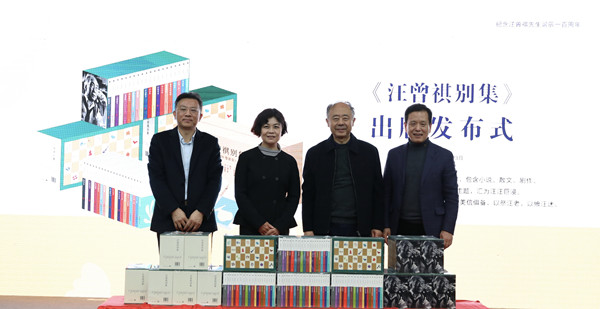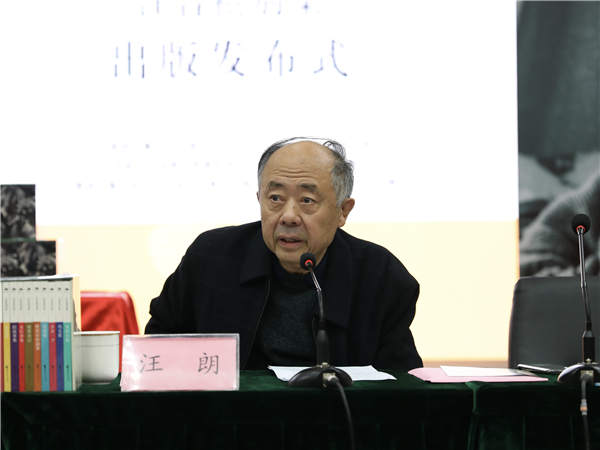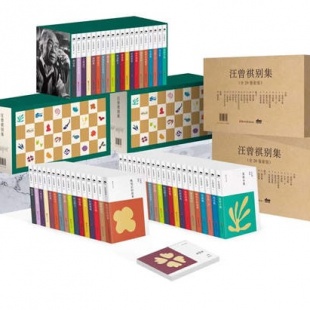Celebrating a modern story teller


Since Wang died 23 years ago, more than 200 of his titles have been published, focusing on different themes.
"This 20-volume collection reflects Wang's literary view and writing style in a general sense," says Wang Lang, the eldest son of Wang Zengqi.
"Now, my father has almost become a 'chicken soup writer'. Many anthologies select his essays about daily life, either about food and drinks or about sightseeing," he says.
They don't reflect the whole picture of his writing, however. There was also time when he was furious and wrote articles about social issues. It was also his view that writers should take social responsibility. Although his works in this respect are limited, they are an important part of his writing career, Wang Lang says.
One outstanding characteristic of Wang Zengqi's writing is the use of colloquial language, which combined his mother tongue of Gaoyou from Jiangsu province and the Beijing dialect, because he worked in the capital for a long time, says Li Er, deputy director of the National Museum of Modern Chinese Literature. An exhibition of Wang Zengqi's paintings is currently running at the museum.
Unlike many other popular writers in the 1980s, Wang Zengqi remains popular among today's readers.
Wang Hui, Wang Zengqi's granddaughter, says that searching his name on Baidu, she saw 35.8 million results. The online review site, douban.com, includes more than 200 listings for Wang's works, all added by readers. He also has many fans on Weibo, just like popular film or music stars.
"More than 20 years ago, many Chinese language teachers had not heard about Wang Zengqi, but now he has become an internet celebrity, which is really interesting," she says.
It might be because "the old man's" works are, in general, sincere. They're not heavy, or superior, but vivid, exuberant, and easily resonate with readers, in accurate and tasteful language, she says.






































